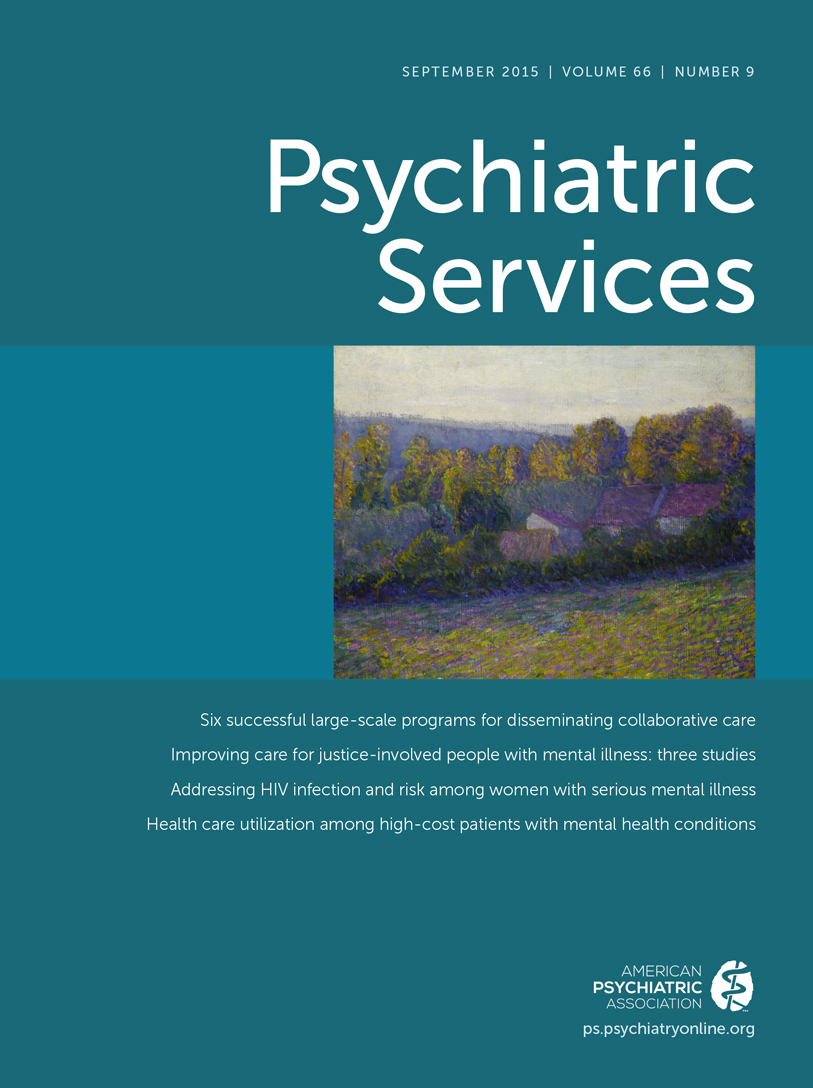Testing Alternative Definitions of Chronic Homelessness
Abstract
Objective:
This study examined the potential impact of a proposed change to the official federal definition of chronic homelessness.
Methods:
Using administrative data from the emergency shelters in a large U.S. city, this study estimated the number of persons identified as chronically homeless under the current definition of chronic homelessness, a proposed new federal definition, and two alternative definitions and examined shelter utilization for each group.
Results:
Fewer than half as many people were considered chronically homeless under the proposed new federal definition compared with the current definition. Persons considered chronically homeless by the proposed new definition and, to a lesser extent, by the two alternative definitions, made heavier use of shelter compared with persons who met the current definition.
Conclusions:
A proposed new and two alternative definitions of chronic homelessness are better suited than the existing federal definition for identifying persons with the most protracted experiences of homelessness.



